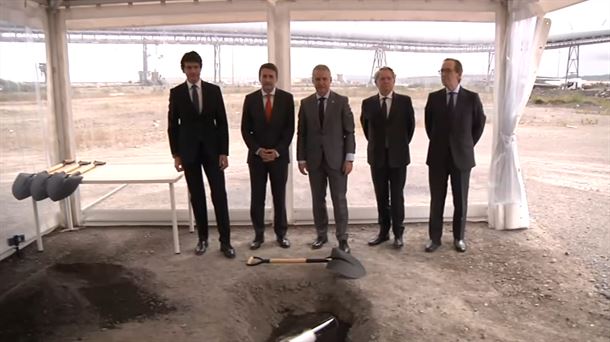The power vacuum that the end of the government led by Mario Draghi would cause would have even more serious economic consequences
With few exceptions, Italy has been the red lantern of European countries for decades: when there are cycles of expansion, the economy grows less than that of the surrounding countries, while when periods of recession arrive, GDP falls more than others. This situation is largely the result of perennial political instability. The usual crises, such as the one that Mario Draghi’s government is now going through, are not isolated episodes, but rather successive manifestations of a structural problem weighing heavily on the economy. In short, the endless fights of the parties are not just harmless embarrassing shows, because they ultimately weigh on the pockets of the citizens.
The power vacuum that the current situation could lead to is particularly bloody in the current context, with skyrocketing inflation, the energy crisis and the end of the European Central Bank’s (ECB) sovereign debt purchase programme, which will be particularly felt in Italy, with a debt burden of more than 153% of GDP. It’s also irritating because of the missed opportunity. If the government eventually falls, it will be difficult for the next executive to approve next year’s budgets in time so as not to affect the receipt of millionaire European aid after the pandemic. Draghi relied on the ‘manna’ from Brussels to carry out his ambitious plan of structural reforms that would modernize the country and boost the economy.
These resources are included in the so-called National Recovery and Resilience Plan (PNRR), which provides for the receipt of 191,500 million euros until 2026, largely provided by Brussels as credits and subsidies. In the first half of the year, Italy met the targets of the PNRR, but from now on everything is up in the air. “I hope common sense prevails, a quality that Draghi does not lack. The rupture of government prompted by the Five Star Movement (M5E) is incomprehensible. At the moment, instability is our worst enemy, which is why the main goal of the President of the Republic, Sergio Mattarella, in solving this crisis is to ensure stability,” said Veronica de Romanis, professor of European economics at Luiss and Stanford. .
The fact that the end of the government would leave “a terrible scenario” by blocking the political initiative for months makes this expert think the crisis could be resolved next Wednesday. Draghi is due to appear in parliament that day to explain the political situation and assess the support he has after the M5E withdrew its support during a vote in the Senate on Thursday. De Romanis believes that this political force, which debates the possible withdrawal of its ministers from the executive, will eventually back down and retain Draghi’s support. The other parties in the coalition will also have to be prepared to continue to accept the M5E and not give in to the temptation to force early elections.
Although the experts recognize that it is difficult to estimate the economic costs that the current political crisis may entail, the newspaper ‘Milano Finanza’ has made an initial calculation. The initial impact would amount to 31,000 million euros. That amount is the result of the sum of two digits. The first is the 10,000 million from the second decree that the government planned to pass before the end of the month to help families and businesses cope with rising energy costs. The remaining 21,000 are included in the next PNRR package, which could be blocked if there is no government responsible for spending it.
“I think Draghi will go to parliament on Wednesday with a list of targets that must be addressed immediately to respond to those most affected by the energy crisis and move forward with the PNRR. It would be very irresponsible if the parties do not support it and choose to unleash a long crisis, at the gates of an autumn in which there will be a possible total blockade of Russian gas and with an inflation of more than 8%.” finally emphasizes the professor of European economics at the universities of Luiss and Stanford.
Source: La Verdad
I am an experienced and passionate journalist with a strong track record in news website reporting. I specialize in technology coverage, breaking stories on the latest developments and trends from around the world. Working for Today Times Live has given me the opportunity to write thought-provoking pieces that have caught the attention of many readers.



